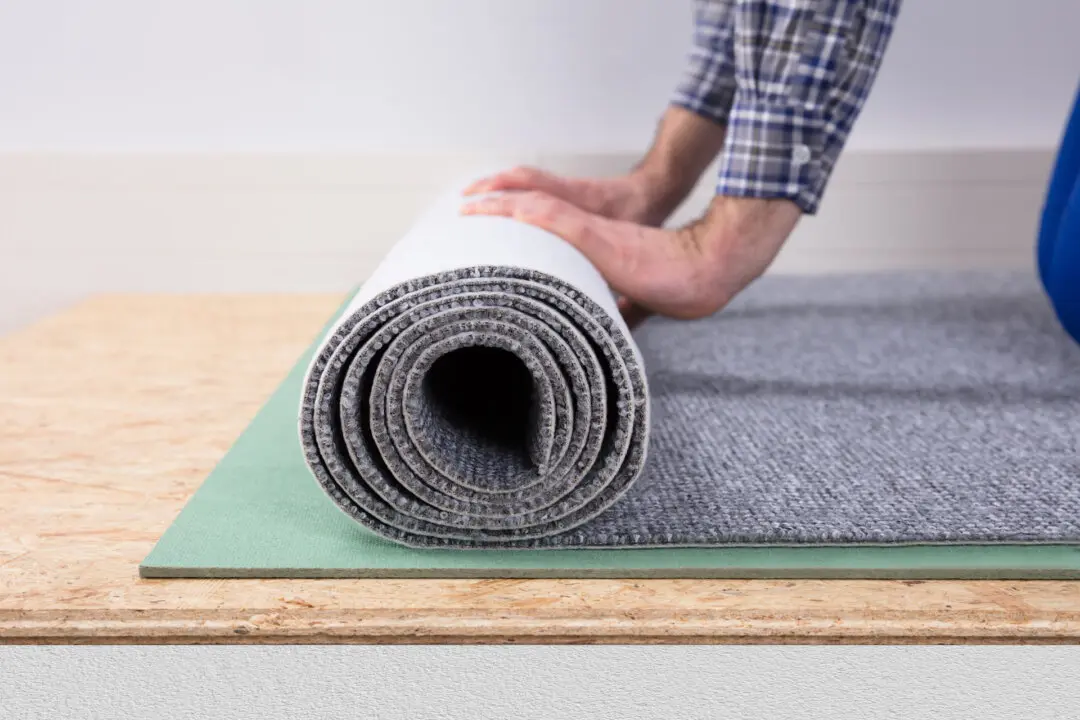Dear James: We are remodeling our garage into a family/entertainment room. It has a faucet with copper pipes now, but I plan to add a sink. Is using PEX piping a wise choice?—Karen D.
Dear Karen: Your project is one of the most cost-effective ways to get extra living space. A garage lends itself nicely to a conversion because it has a stable concrete floor and a garage door. It is less expensive to install a new wall with a sliding glass door over the opening than to have to first tear out an existing wall.





